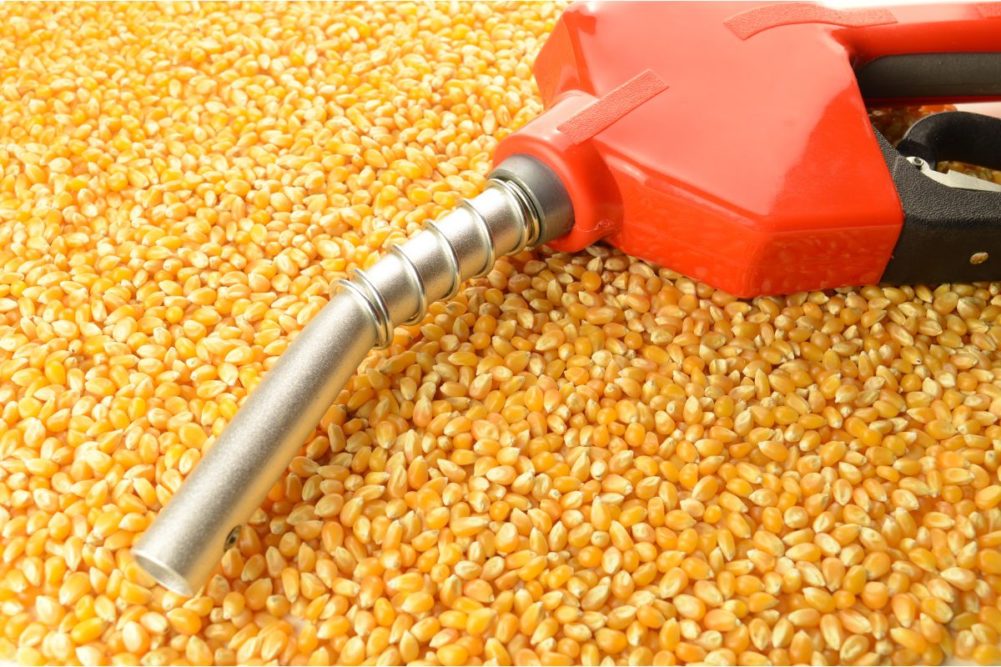WASHINGTON, DC, US — The Renewable Fuels Association (RFA) is calling on California to allow E15 fuel blend as part of its efforts to enhance its low carbon fuel standard.
“E15 is a critical near-term strategy for decarbonizing liquid fuels, which will continue to dominate transportation in California for years, if not decades, to come,” wrote Scott Richman, chief economist at the RFA, in comments to the California Air Resources Board (CARB). “From a consumer perspective, E15 offers a unique opportunity to lower the cost of gasoline while cutting emissions of greenhouse gases and criteria pollutants.”
Richman cited a recent study indicating that E15 could shave 20 cents off the cost of a gallon of gasoline in California, which has the nation’s highest average fuel prices. This would equate to total statewide annual savings of $2.7 billion.
The RFA also pushed back on expanded feedstock tracking requirements as both unnecessary and overly burdensome.
These requirements initially were proposed primarily in response to the potential for rapid expansion of biomass-based diesel (BBD). However, Richman noted, in the changes to the proposed LCFS amendments issued on Aug. 12, CARB “capped the generation of credits for BBD from ‘virgin soybean oil and canola oil’ at 20% of annual BBD volumes on a company-wide basis. Yet, CARB did not remove the sustainability requirements, even though they were intended to accomplish the same objective. Instead, CARB doubled down by making the requirements more onerous.”
The RFA detailed the burdensome nature of these requirements. Richman wrote, “if California moves ahead with any feedstock certification program, there should be a provision to designate all US-produced ethanol as already in compliance, so long as aggregate cropland area does not expand beyond a 2007 baseline. This would be consistent with the EPA’s approach under the federal Renewable Fuel Standard.”



